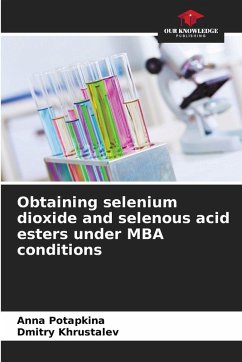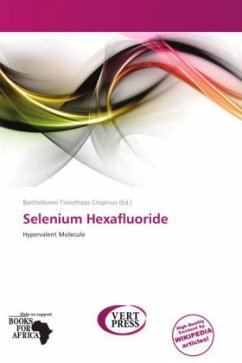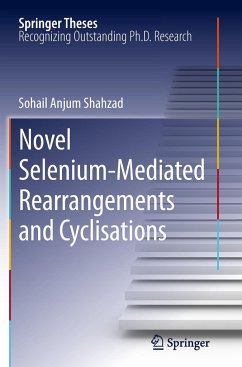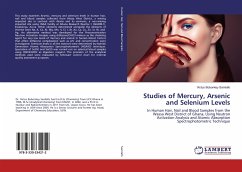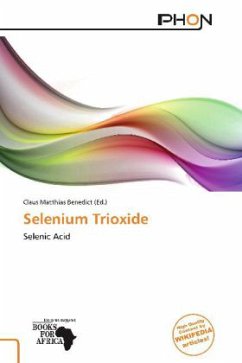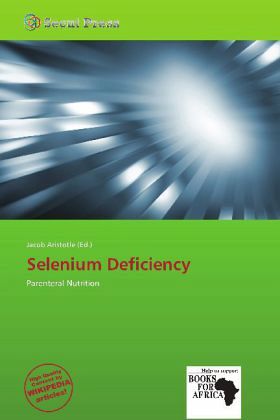
Selenium Deficiency
Parenteral Nutrition
Herausgegeben: Aristotle, Jacob
Versandkostenfrei!
Versandfertig in 6-10 Tagen
23,99 €
inkl. MwSt.

PAYBACK Punkte
12 °P sammeln!
Selenium deficiency is relatively rare in healthy well-nourished individuals. Few cases have been reported. It can occur in patients with severely compromised intestinal function, those undergoing total parenteral nutrition, those who have had gastrointestinal bypass surgery, and also on advanced aged people (over 90). Alternatively, people dependent on food grown from selenium-deficient soil are also at risk. In the USA, the Dietary Reference Intake for adults is 55 µg/day. In the UK it is 75 µg/day for adult males and 60 µg/day for adult females. 55 µg/day recommendation is based on full...
Selenium deficiency is relatively rare in healthy well-nourished individuals. Few cases have been reported. It can occur in patients with severely compromised intestinal function, those undergoing total parenteral nutrition, those who have had gastrointestinal bypass surgery, and also on advanced aged people (over 90). Alternatively, people dependent on food grown from selenium-deficient soil are also at risk. In the USA, the Dietary Reference Intake for adults is 55 µg/day. In the UK it is 75 µg/day for adult males and 60 µg/day for adult females. 55 µg/day recommendation is based on full expression of plasma glutathione peroxidase. Selenoprotein P is a better indicator of selenium nutritional status, and full expression of it would require more than 66 µg/day.




